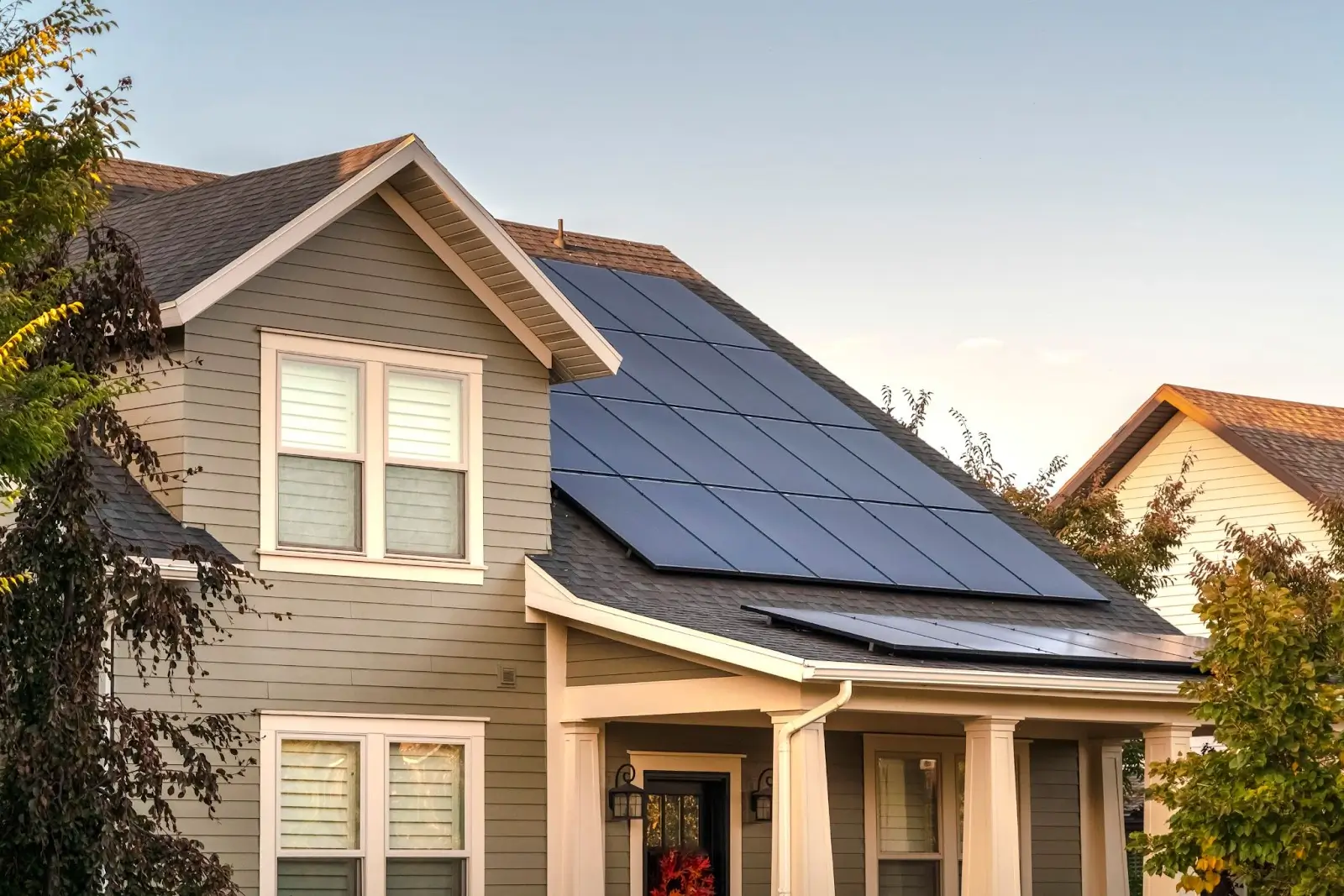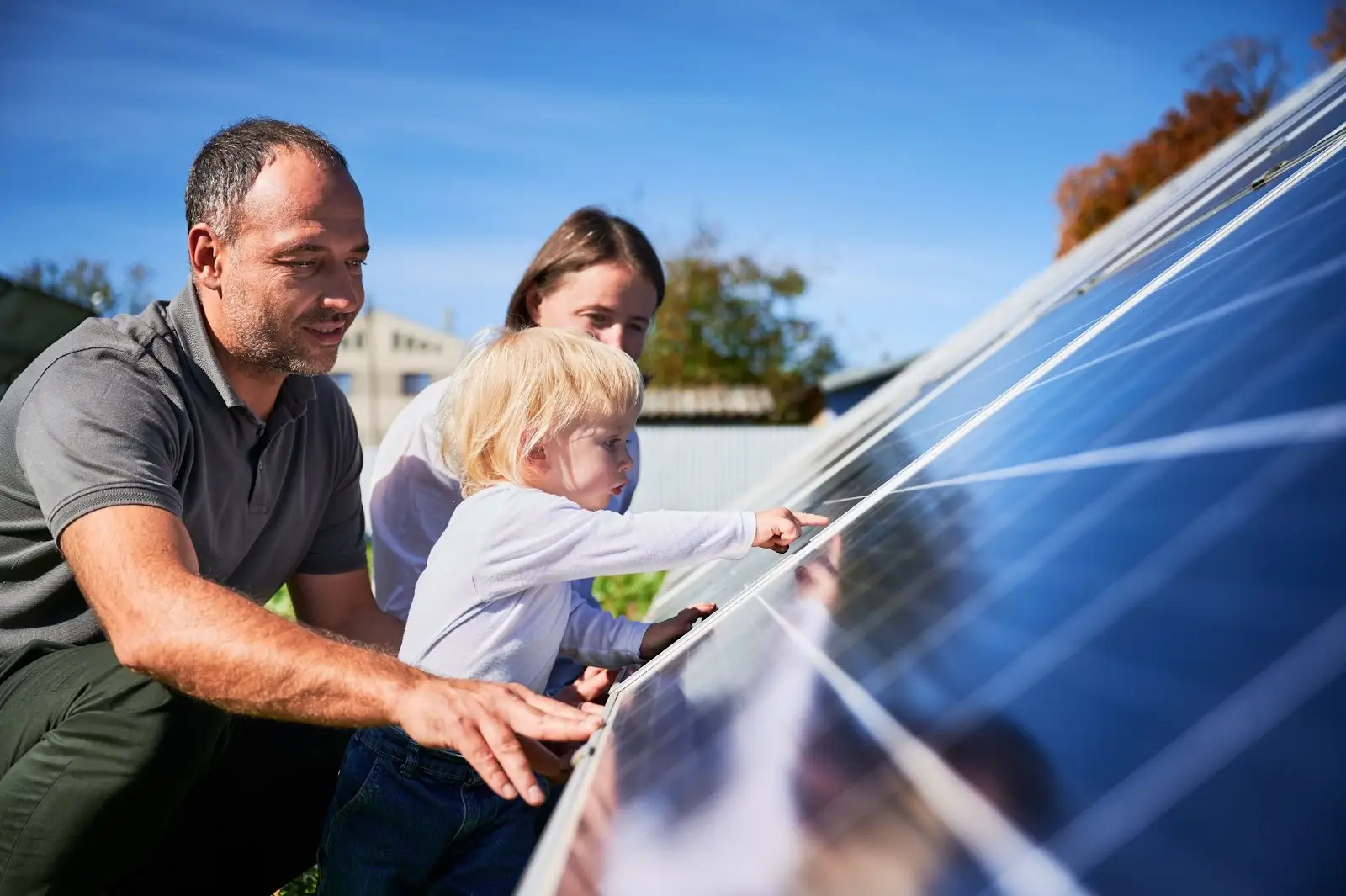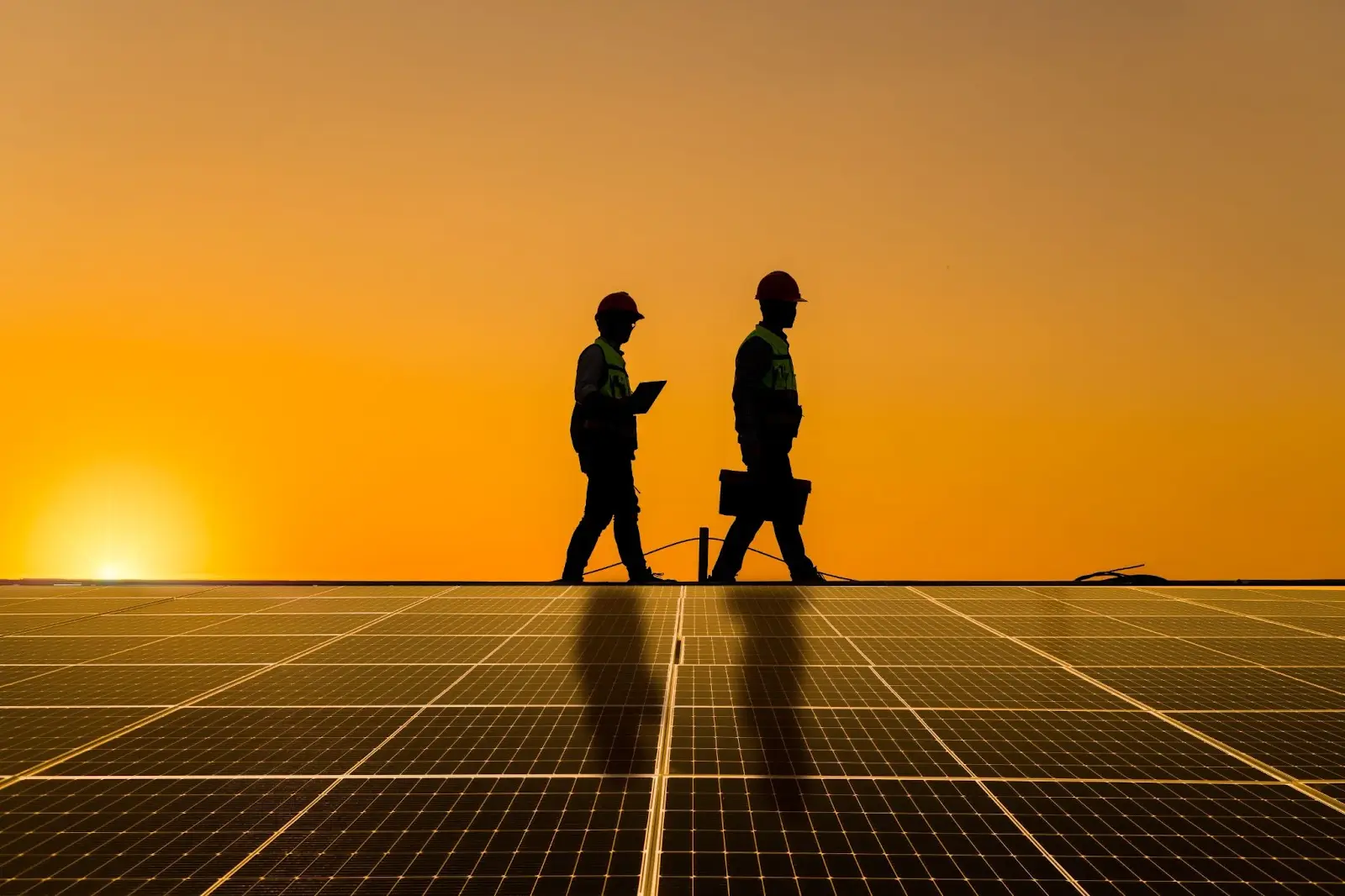As the demand for sustainable energy solutions continues to rise, solar panels have become a popular choice for homeowners and businesses alike. One crucial aspect to consider when investing in solar energy is the lifespan of the panels.
In this article, we will delve into the factors affecting solar panel longevity, tips for maximizing their lifespan, and address common questions about solar panel durability.
Lifespan of Solar Panels
How long do solar panels last? Solar panels are designed to be durable and long-lasting. On average, they can last anywhere from 25 to 30 years. However, with proper care and maintenance, some panels have been known to operate efficiently for up to 40 years.
Which solar panels last longer?
Not all solar panels are created equal. Premium monocrystalline panels are known for their longevity and efficiency. While they may come at a higher initial cost, their extended lifespan and superior performance make them a worthwhile investment for the long term.
Why do they last long?
Monocrystalline solar panels stand out as a beacon of durability and efficiency in renewable energy. Their extended lifespan can be attributed to a trifecta of factors: the use of premium-grade materials, a lower degradation rate, and their robust engineering, which collectively fortify these panels against the rigors of time and nature.
- High-Quality Material: Monocrystalline panels are made from premium-grade materials, which contribute to their extended lifespan.
- Lower Degradation Rate: These panels have a lower degradation rate compared to other types, meaning they maintain their efficiency over a more extended period.
- Robust Construction: Monocrystalline panels are engineered with precision, making them more resilient to harsh environmental conditions.
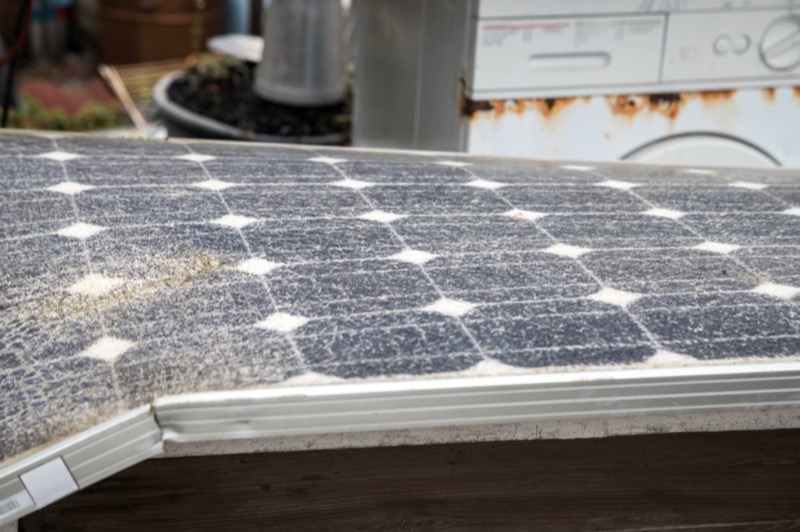
Do solar panels degrade over time?
Yes, all solar panels experience a natural degradation over time. However, with proper care and maintenance, this process can be slowed, allowing your panels to operate efficiently for decades.
What is the solar panel degradation rate?
Solar panel degradation refers to the gradual decrease in efficiency over time. On average, panels experience a degradation rate of about 0.5% to 1% per year. This means that after 25 years, a panel may still operate at around 75% to 87.5% of its original capacity.
Factors That Affect Solar Panel Lifespans
The lifespan of a solar panel depends on various factors, including the quality of materials, installation, climate, and maintenance. High-quality panels installed in favorable conditions with regular upkeep are likely to outperform lower-grade alternatives.
Quality
Investing in high-quality solar panels from reputable manufacturers is crucial for ensuring a longer lifespan. Quality panels are built to withstand harsh weather conditions and maintain efficiency over time.
Installation
Proper installation is key to maximizing the lifespan of solar panels. Professional installers ensure that panels are securely mounted, wired correctly, and positioned optimally for sun exposure.
Climate
Solar panels in regions with extreme weather conditions may experience more wear and tear. Panels in areas prone to hail, heavy snow, or intense heat may require more frequent maintenance.
Maintenance
Regular maintenance, including cleaning and inspections, can significantly extend the lifespan of solar panels. Cleaning panels of dirt, dust, and debris ensures they can capture the maximum amount of sunlight.
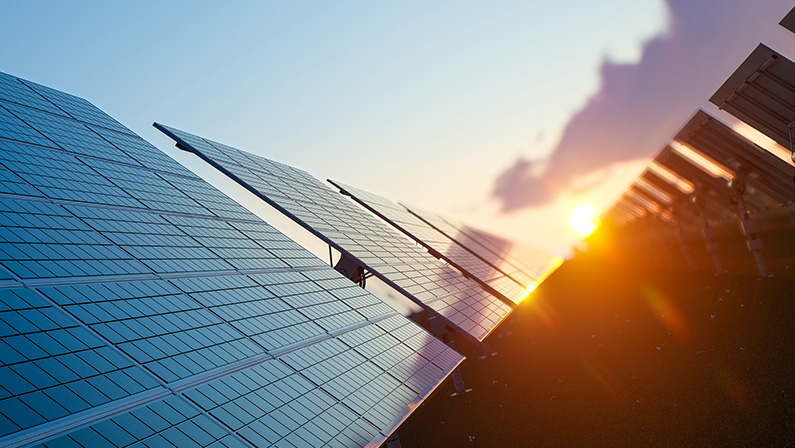
Best Tips to Make Your Solar Panels Last Longer
Ensuring the longevity of your solar panels is essential for maximizing the return on your renewable energy investment. With the right care and attention, you can significantly extend the lifespan of your panels. Let’s explore some of the best tips and practices to help you make your solar panels last longer, providing you with sustainable energy for years to come.
Tip #1: Keep your panels clear of debris and other damaging materials.
Regularly clean your panels to remove dirt, leaves, and bird droppings. Avoid using abrasive materials that could scratch the surface.
Tip #2: Make sure your panels are regularly monitored and maintained.
Schedule periodic inspections by a professional to identify and address any potential issues early on. This proactive approach can prevent minor problems from escalating.
Tip #3: Team up with a trustworthy solar provider.
Choosing a reputable solar provider, such as Construct Sun, ensures that you receive high-quality panels, expert installation, and ongoing support for the lifespan of your system.
Standard Warranties & Guarantees on Solar Panels: What to Know
Before purchasing solar panels, familiarize yourself with the warranties and guarantees offered by the manufacturer and installer. Understanding these terms will give you peace of mind regarding the long-term performance of your system.
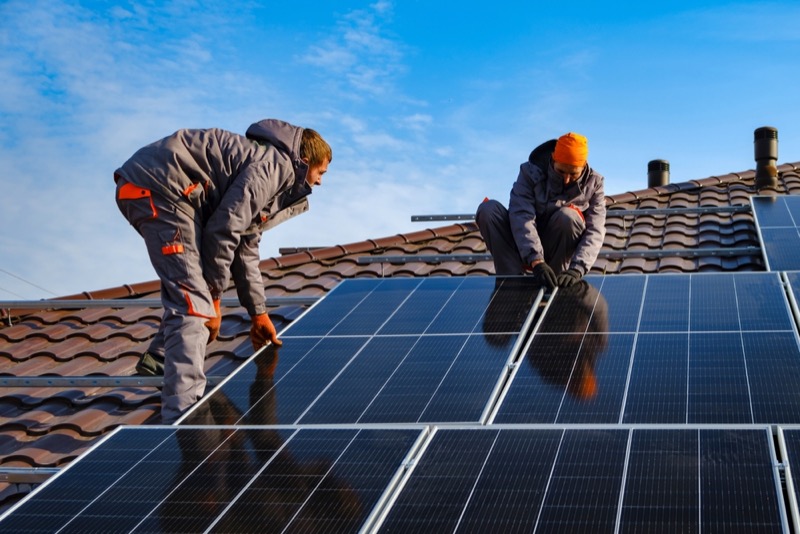
On Replacement
As with any long-lasting technology, there comes a point where even the most robust solar panels may need replacement. Understanding when and how to go about this process is crucial for maintaining an efficient and sustainable energy system.
When should I plan to replace solar panels?
Considering replacement around the 25 to 30-year mark is advisable, even if your panels are still functioning. Newer models are likely to be more efficient and cost-effective in the long run.
Should I replace my roof before getting solar panels?
If your roof is nearing the end of its lifespan, it’s a good idea to replace it before installing solar panels. This ensures a secure and stable foundation for your solar system.
Frequently Asked Questions
Navigating the world of solar energy can bring up a multitude of questions, from maintenance to incentives and everything in between. In this section, we address some of the most commonly asked questions about solar panels, providing clear and concise answers to help you make informed decisions about harnessing the power of the sun.
Do solar panels require maintenance?
Yes, regular maintenance is essential for maximizing the lifespan and efficiency of solar panels.
Can you make your solar panels last longer?
Yes, by following proper maintenance practices and investing in high-quality panels, you can extend the lifespan of your solar system.
Why do solar panels degrade?
Natural wear and tear, exposure to the elements, and environmental factors contribute to the degradation of solar panels over time.
How long do solar batteries last?
Solar batteries typically have a lifespan of about 10 to 15 years, but this can vary depending on factors like usage and maintenance.
What incentives are available for solar panels?
Explore local and federal incentives, such as tax credits and rebates, to make the switch to solar even more financially beneficial.
Enjoy Long-lasting Solar Power with Construct Sun
Understanding the lifespan of solar panels and how to maximize their longevity is paramount in reaping the full benefits of renewable energy. By investing in high-quality materials, ensuring proper installation, and implementing regular maintenance, you can extend the life cycle of your panels and enjoy sustainable power for decades.
Experience the benefits of long-lasting solar power with Construct Sun’s top-tier residential solar panel installation service. Serving Reno, Las Vegas, and Raleigh, NC, Construct Sun ensures quality panels, expert installation, and ongoing support. Embrace sustainability and make the switch to solar. Get started today!


